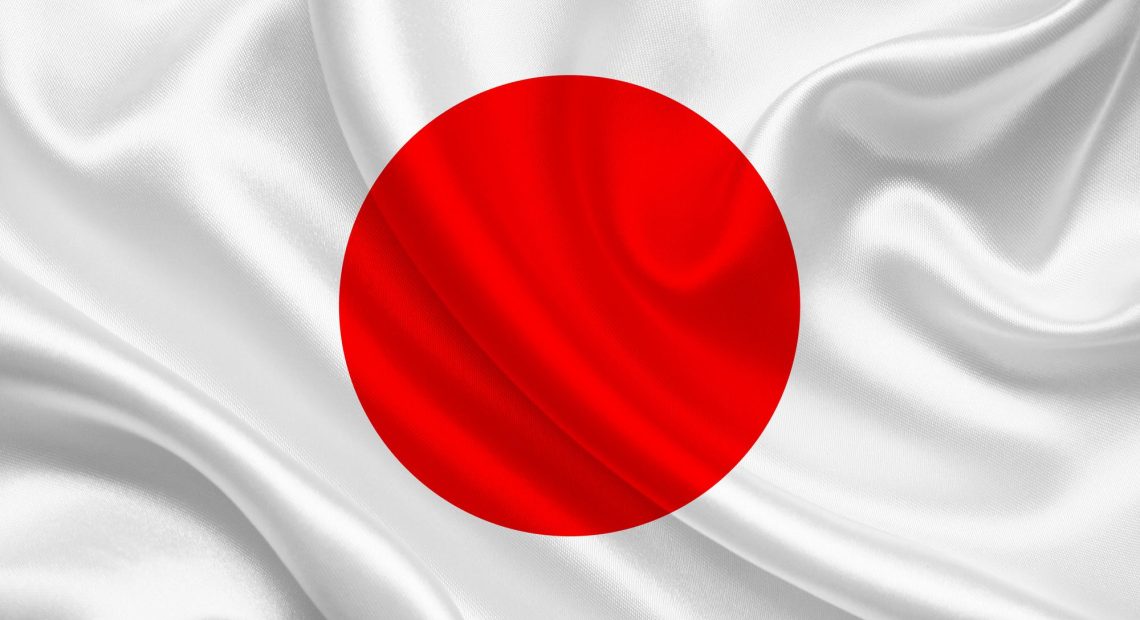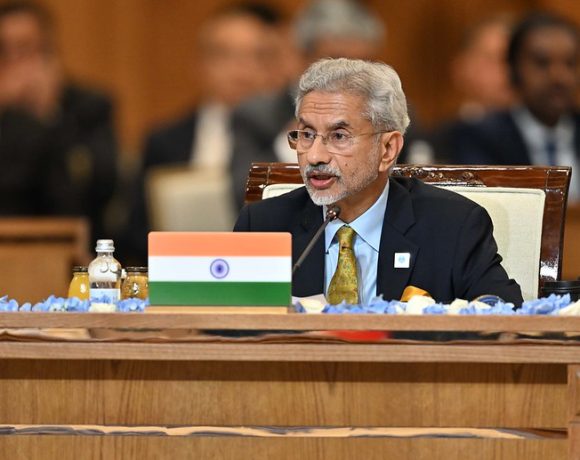
Japan Votes in Upper House During Ishiba’s Tough Test
Japan began voting today in a crucial upper house election that could determine the political future of Prime Minister Shigeru Ishiba. The election will fill half of the 248 seats in the upper chamber and is widely seen as a referendum on the ruling coalition’s handling of the economy and immigration.
The coalition of Ishiba’s Liberal Democratic Party (LDP) and its junior partner Komeito needs at least 50 seats to maintain a workable majority. Political observers suggest this could be difficult given rising public frustration over inflation and social policy.
Rising Prices Fuel Voter Discontent
Voters are primarily concerned about the surge in daily living costs, especially food prices. Rice, a staple in Japanese households, has nearly doubled in price over the last year. The government’s limited response has drawn sharp criticism from both urban voters and rural constituencies who say they are being squeezed from all sides.
The economic strain has been further compounded by anxiety over immigration policies and foreign investment. Smaller parties, particularly the right-leaning Sanseito, have capitalised on this sentiment, campaigning on platforms of reduced taxes, stronger border controls, and economic nationalism.
Ishiba’s Position Under Scrutiny
If the LDP-Komeito coalition underperforms, Prime Minister Ishiba could face calls to resign or be forced into unstable alliances with opposition parties. The ruling bloc already suffered losses in the lower house elections held in October 2024 and is now at risk of losing control of the upper chamber as well.
Such an outcome would not only weaken Ishiba domestically but could affect Japan’s standing in upcoming international trade negotiations.
Trade Deadline Looms
The election results also come at a critical moment, with Japan under pressure to finalise a trade agreement with the United States by August 1. Failure to do so could trigger tariffs on Japanese exports, particularly in the automobile and electronics sectors, dealing a fresh blow to the economy.
Analysts warn that a loss of investor confidence combined with political instability may push the government into deeper uncertainty.
What’s Next
Polling will close at 8 p.m. local time. Exit polls and early projections will begin to emerge shortly after. The results could signal whether the Japanese public is willing to continue backing Ishiba’s policies or if the nation is preparing for a shift in leadership and direction.


















